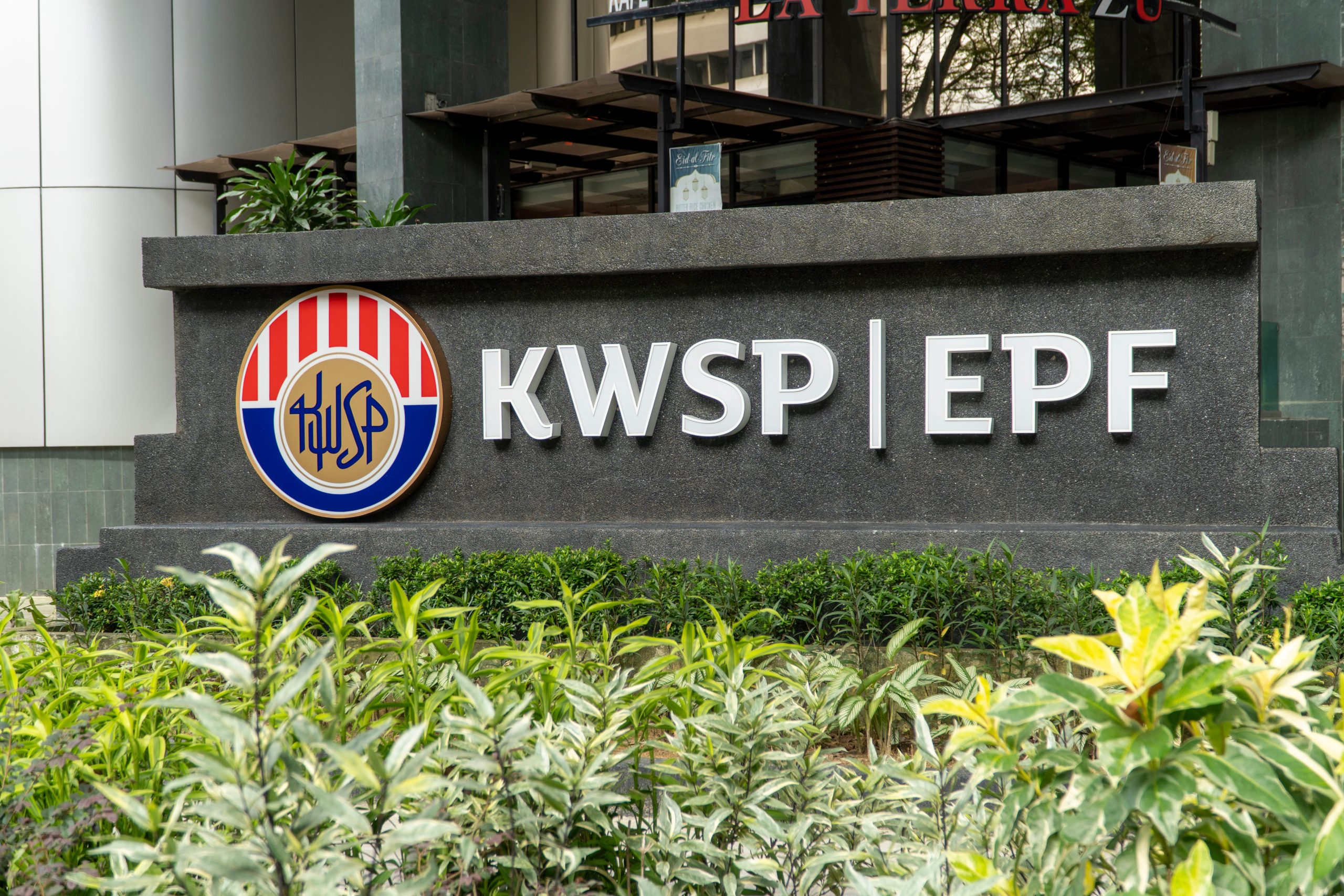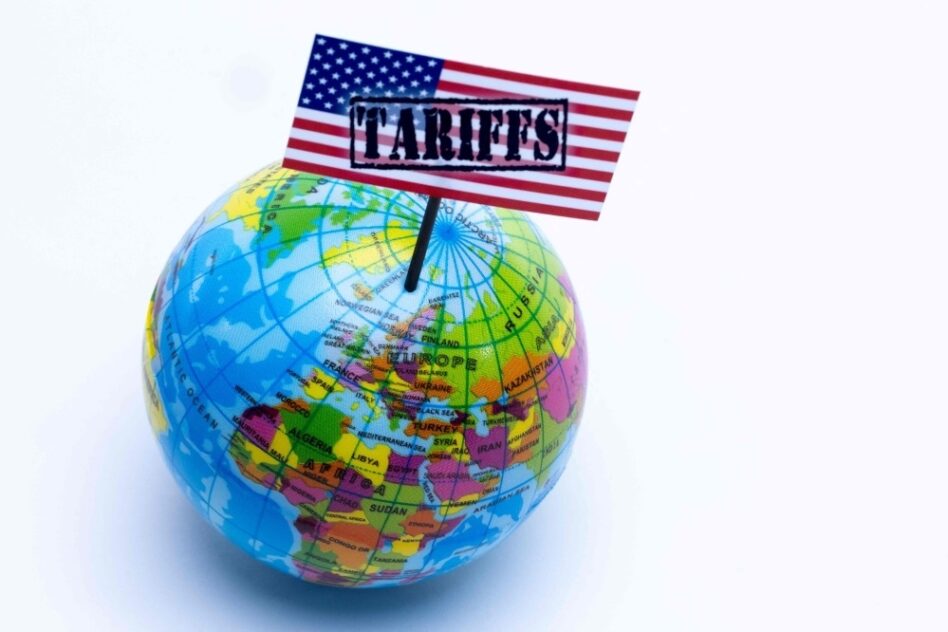PRIME Minister Datuk Seri Anwar Ibrahim’s announcement that both employers and foreign workers must contribute 2% to the Employees Provident Fund (EPF) is a lose-lose policy that needs to be reconsidered as it will negatively impact the country.
MCA vice president Datuk Seri Dr Wee Jeck Seng said this policy, which the prime minister had announced at the Associated Chinese Chambers of Commerce and Industry of Malaysia’s (ACCCIM) Chinese New Year reception on Feb 3, only applies to legal foreign workers and their employees, thus potentially exacerbating the issue of illegal foreign workers.
“Furthermore, businesses, already confronted with challenges such as the RM1,700 minimum wage, foreign worker levies, and Sales and Service Tax (SST) adjustments, will see further cost increases,” he stated.
“For micro and small-medium enterprises, this could make survival even more difficult, and these costs will ultimately be passed on to consumers. Will the public end up footing the bill for foreign workers’ EPF contributions?”
Wee also pointed to the EPF being designed to secure the retirement of Malaysians, stressing that the EPF Board has always been responsible for generating profits for its members.
“With the new policy, will future EPF dividends need to be shared with foreign workers?” he questioned.
“In addition, as the Malaysian Ringgit continues to depreciate, foreign workers’ take-home pay will decrease due to the EPF contribution. This may discourage foreign workers from coming to Malaysia, reducing the available workforce.”
Wee went on to note that foreign workers may also face difficulties in accessing their EPF funds especially if the system is not properly managed.
He said issues like intermediaries claiming funds on their behalf or workers failing to withdraw their funds due to returning home or misunderstanding the procedure could result in unfair treatment.
Citing MCA president Datuk Seri Dr Wee Ka Siong who had previously noted that Singapore had abolished mandatory foreign worker Central Provident Fund (CPF) contributions in the 1990s to transition to a voluntary system, Wee questioned the reason behind Malaysia’s decision to reverse this policy.
“The current decision does not adequately protect the interests of Malaysians, EPF members, or foreign workers. Therefore, it is crucial to reconsider this policy to avoid further complications,” he added. – Feb 7, 2025
Main image: Bernama









